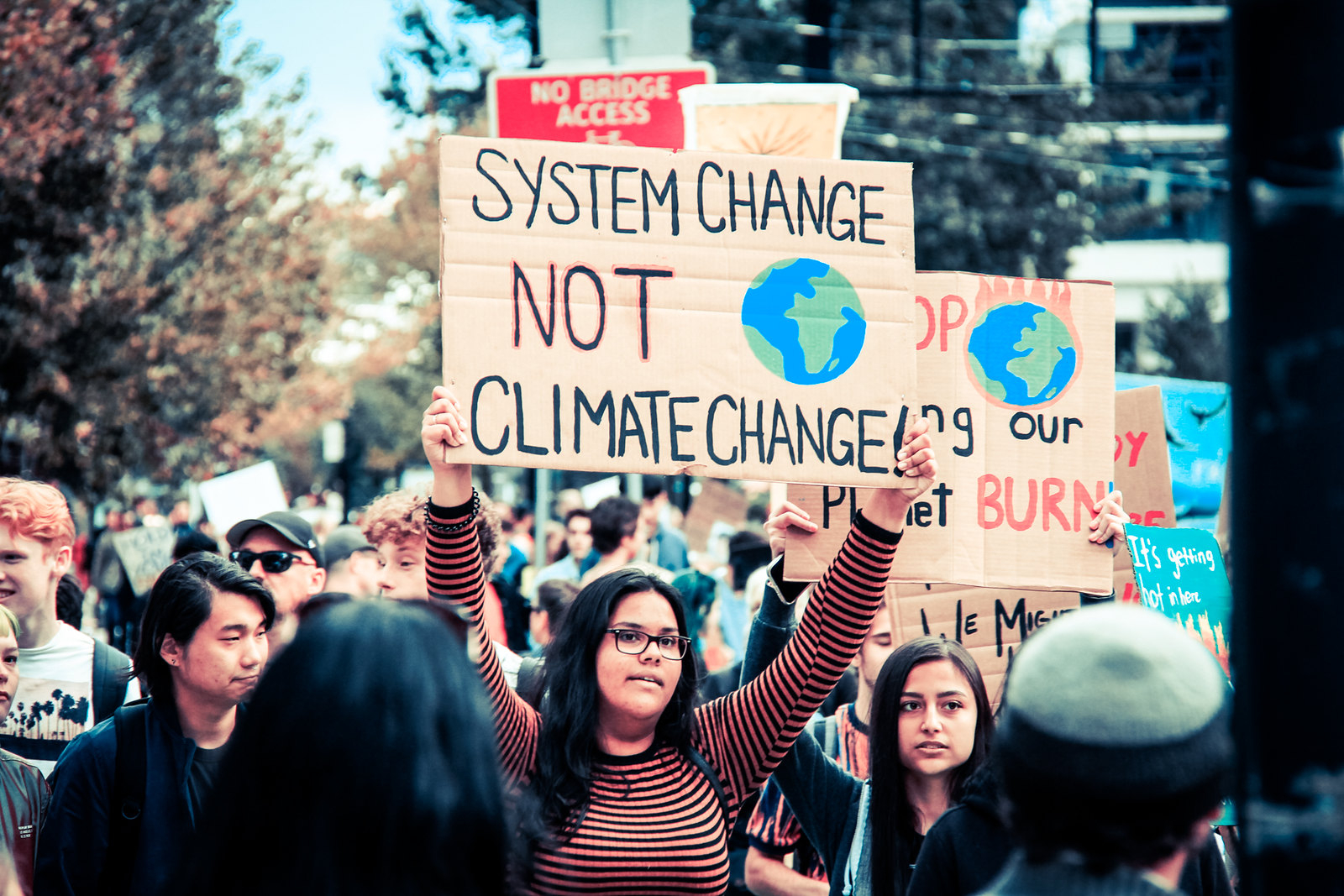by Serena Bains, Staff Writer
Corporations remain by far the most significant contributors to climate change with 100 corporations being responsible for 71% of the global emissions. Why then, is the responsibility on individuals to reduce their carbon consumption? This shift in blame simply serves as a purposeful division, so those who fund the government and those who fund the economy are two separate entities. Thus, the government requires the investment from the taxpayers to fund corporations’ pet projects of adding to their exorbitant wealth, while destroying the planet and killing millions.
Corporations have knowingly contributed to climate change. It is not an exaggeration to say that their function is to extract as much capital from the earth as possible, while simultaneously destroying it. As early as the 1980s Shell and Exxon conducted internal assessments which predicted that carbon dioxide emissions would double from pre-industrial levels by 2030. The same assessments also warned of the catastrophic impact this would have on the environment including: rising sea levels, the Arctic melting, ecosystem destruction, and worldwide famine. These corporations lied about their findings and actively prevented governments from enacting sustainable policies through lobbying.
Although corporations like Shell lobby governments to do their bidding, in the same breath they claim that the burden of climate change lies with governments. While spending $1.1 billion on a pipeline, instead of investing in renewable energy is short sighted, it is much more than that. It is a decision made at the behest of the oil and gas industries, which spend a criminal amount of money lobbying the federal government. In fact, among senior government bureaucrats contacts with the fossil fuel industry rose under Trudeau’s government from 144.5 to 228.5 annually. Thus, senior government officials are more influenced by oil and gas corporations than ever before. In this case, the cause of the cognitive dissonance associated with buying a pipeline a day after declaring a national climate emergency becomes more clear.
Despite the clear evidence that corporations and their influence on governments is the root cause of climate change, the majority of the blame falls on the shoulders of individuals.
Individuals are told to reduce their carbon footprint, recycle, and somehow climate change will spontaneously disappear. The only problem is we’ve already participated in this experiment. At the onset of the COVID-19 pandemic, there weren’t nearly as many cars on the road, there were no international flights, but the world is still set to not meet the targets necessary to prevent a two degree warming above pre-industrial levels.
So, if individual actions have little impact and we cannot rely on our government to save us what options are left? First, there needs to be an understanding that in order for nonviolence to work, your opponent must have a conscious and capitalism does not have a conscious. Climate strikes are impactful, but when Justin Trudeau protests assumingly against himself, there needs to be a reevaluation of how to achieve our goals.
To achieve the avoidance of climate catastrophe, there needs to be a systematic solution to the systematic problem of capital. It must be immediately more profitable to enact climate justice, as opposed to continuing to participate in climate change. This can be brought about through divest movements, raising awareness that some renewables are cheaper than traditional energy sources, pushing for a Green New Deal that creates high-paying green jobs equivalent to those in the tar sands, pushing for policy to reduce the impact of lobbyists, carbon taxes, etc.
There are just 11 years left until climate catastrophe is an inevitable event that will impact not only our lives, but future generations to come. It will disproportionately affect those most marginalized, therefore, those without the resources to escape will face the most brutal repercussions of inaction. So, the next time you absolve corporations of sin, remember that they are purposely accelerating a disaster that they will be able to escape through capital, while leaving us to endure the consequences. Corporations do not have empathy for what we have to suffer through in a climate crisis, so maybe it’s time we stop empathizing with their profits.




